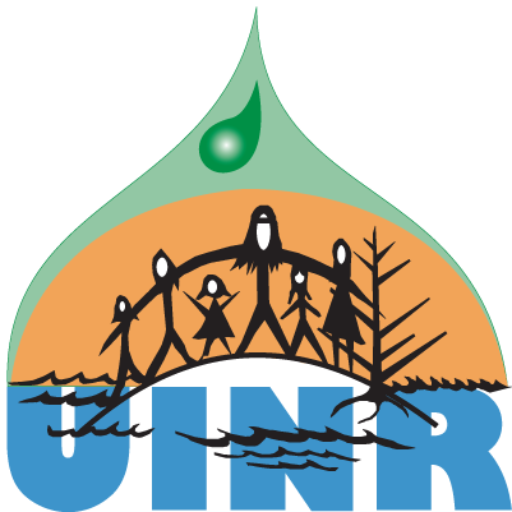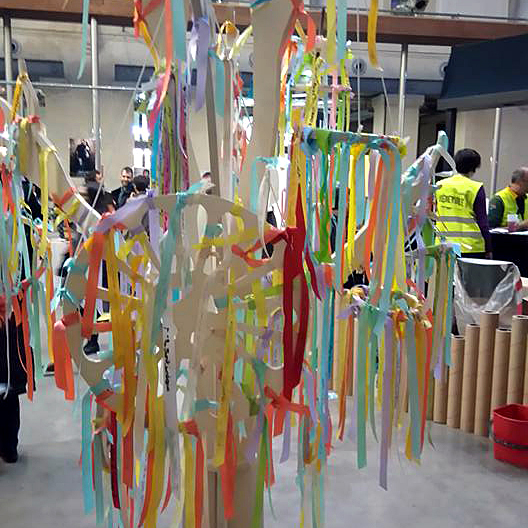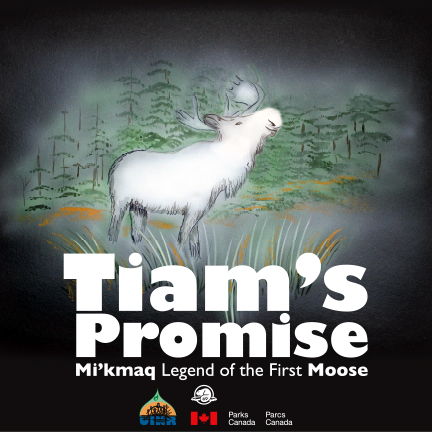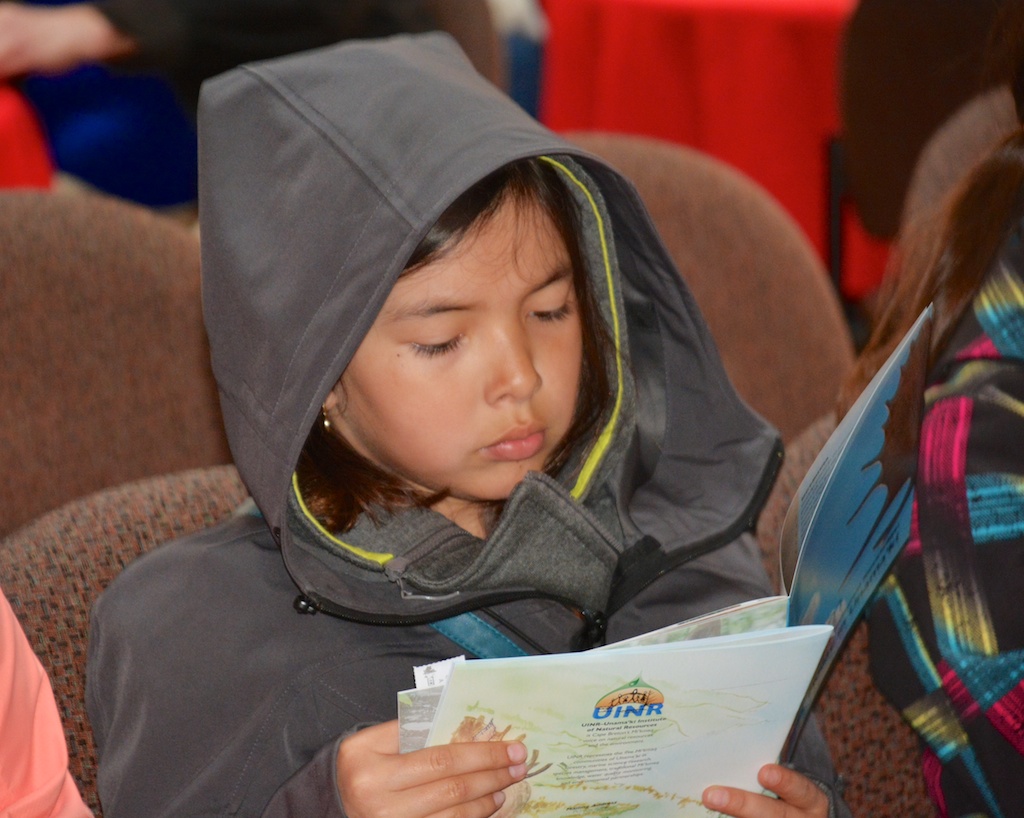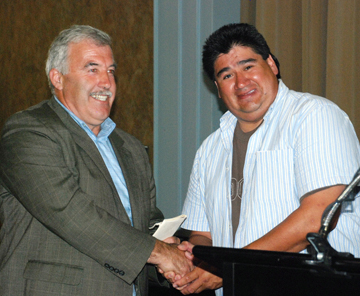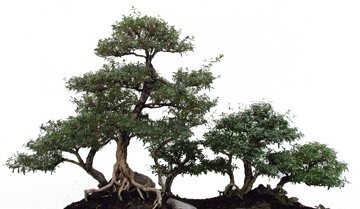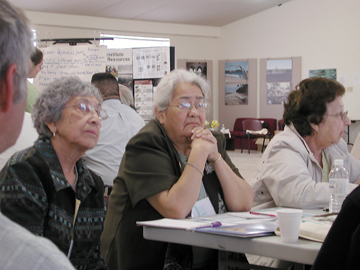At the soul of everything we do at UINR is Netukulimk.
Netukulimk is the use of the natural bounty provided by the Creator for the self-support and well-being of the individual and the community. Netukulimk is achieving adequate standards of community nutrition and economic well-being without jeopardizing the integrity, diversity, or productivity of our environment.
As Mi’kmaq we have an inherent right to access and use our resources and we have have a responsibility to use those resources in a sustainable way. The Mi’kmaq way of resource management includes a spiritual element that ties together people, plants, animals, and the environment. UINR’s strength is in our ability to integrate scientific research with Mi’kmaq knowledge acquisition, utilization, and storage.
